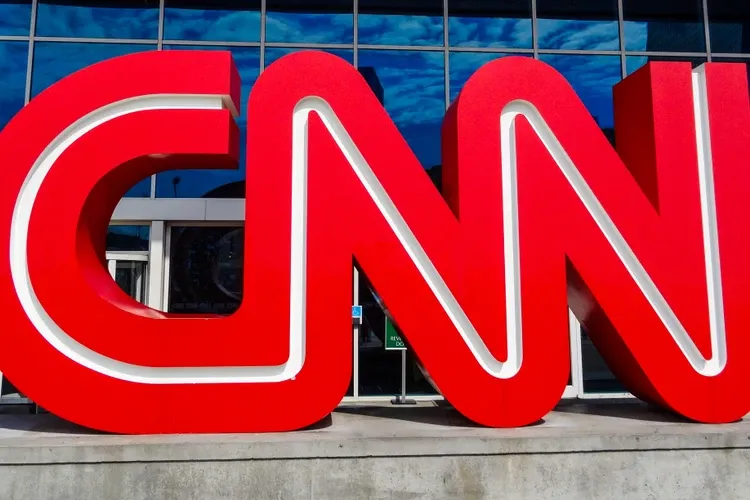Many viewers of CNN and MSNBC tuned out from the mainstream media networks in the days after President-Elect Donald Trump emerged victorious over Vice President Kamala Harris.
Trump won all seven swing states last Tuesday as the Republican Party took control of the House and Senate. By the Thursday which came two days after the election, the total average daily viewership for MSNBC was a dismal 596,000, while CNN saw an even worse 419,000, according to an analysis from Mediaite. The viewership among the crucial twenty-five to fifty-four age demographic coveted by advertisers was 71,000 for MSNBC and 91,000 for CNN.
On that Thursday, viewership for MSNBC decreased 23% compared to the same day one year ago, while viewership for CNN decreased 40%, even as Fox News viewership increased 60%. At least seven MSNBC programs then charted their lowest Friday ratings for the entire year.
Between the Wednesday and Friday after the election, Fox News averaged 701,000 viewers in the key demographic, even as MSNBC averaged 90,000 and CNN averaged 159,000.
MSNBC surpassed CNN with respect to election night viewership for the first time, but Mediaite said that the inability of MSNBC to keep their audience later in the week “signals a potential mood shift on the left” as voters who supported Harris dread a return to power for Trump.
Yet overall broadcast and cable viewership on election night was “down significantly” from the last presidential election, according to Mediaite, reflecting the “cord-cutting and other trends shifting viewers away” from traditional television news. That dynamic was observed throughout the election cycle as well, since both Trump and Harris increasingly relied on podcasts and social media engagements to motivate their bases and reach more hesitant voters.



